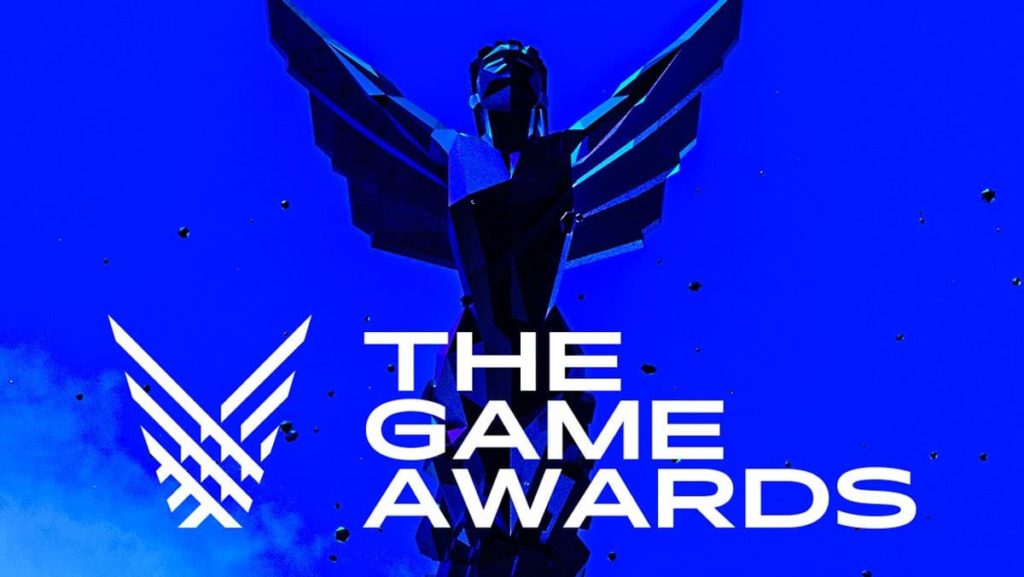
Game developers are speaking out about this year’s The Game Awards giving more time to celebrities than those getting the awards. The Game Awards just wrapped up on December 7 and while there was a swath of new game announcements it seems that not everyone feels they got a fair deal at the event. Even though it is somewhat common practice for gaming events to pull in celebrities, both those who may be somehow involved in making games and then some who are just popular or have won awards in other industries, one might expect such events to have a focus on the games and the teams who have made them. However, according to a handful of folks from the gaming industry that has taken to social media, it seems that may not have been the case at this year’s event.
Let’s wrap it up, folks
It has been pointed out that prompters relied on automatic timers which routinely directed attendees to “please wrap it up”, reportedly in under a minute, and although this might seem sensible given the long speeches audiences have witnessed at other various award events it struck a sour chord for developers who then saw their times cut short while others, who didn’t even have games being presented, were allowed far more time on the stage due to their celebrity status. Axios reporter Stephen Totilo noted how the prompters began kicking in with as little as 30 seconds passing.
For those curious, Game Awards winners are given 30 seconds for their acceptance speech before a “Please wrap it up” sign starts flashing.
— Stephen Totilo (@stephentotilo) December 8, 2023
Lmao the prompter pic.twitter.com/v1Jg9WwFUY
— The Dave Awards (@DaveOshry) December 8, 2023
Meanwhile, it was said that famed filmmaker Jordan Peele and game designer Hideo Kojima were given over 6 minutes to chat with promoter Geoff Kieghley for a game not even released yet, let alone winning an award. Josh Sawyer (Fallout: New Vegas, Pillars of Eternity) called the event an embarrassing indictment.
This year’s The Game Awards is an embarrassing indictment of a segment of the industry desperate for validation via star power with little respect for the devs it’s supposedly honoring.
— Josh Sawyer (@jesawyer) December 8, 2023
No time for the deceased, even if your game got GOTY
While Baldur’s Gate 3 was fortunate to come away with awards in six categories its team also experienced the automatic cut-off, even as it was trying to express gratitude for its team members who passed while the game was being made. One might think that a little more sensitivity could have been given to the developers given the nature of what was being shared and the short time allotted to them despite winning Game of the Year. At least one fan felt the same and posted a video of the timer counting down while the team was speaking.
If I won game of the year and was dedicating the award to a member of my team who had died during development and saw the words “Please wrap it up” I’d be fucking pissed #TheGameAwards pic.twitter.com/be0hLfmfT2
— Javiera Cordero 🇵🇸 (@javierabegazo) December 8, 2023
Although it was said that nobody was cut off during their speeches these are just a few of those moments that folks were unhappy with. Firaxis’s narrative director pointed out how it seemed more effort was put into bad jokes than giving time for teams to speak about their work. Another person commented on how it seemed like recipients were treated like an inconvenience who were in the way of paid advertising as opposed to honored attendees. Clearly, award events need sponsors, and means to grow their viewing audiences but as game developers speak out against formats that have a greater focus on media attention than award recipients, Geoff and his team may need to rethink the direction that The Game Awards is heading toward.
Geoff Keighley did respond to PC Gamer, who posted about the preceding, with the following statement.
“By the way – I do agree that the music was played too fast for award winners this year, and I asked our team to relax that rule as the show went on,” said Keighley. “While no one was actually cut off, it’s something to address going forward.”
